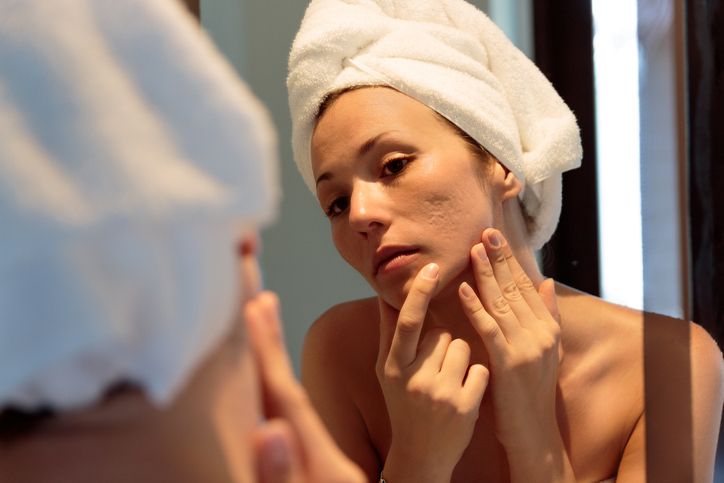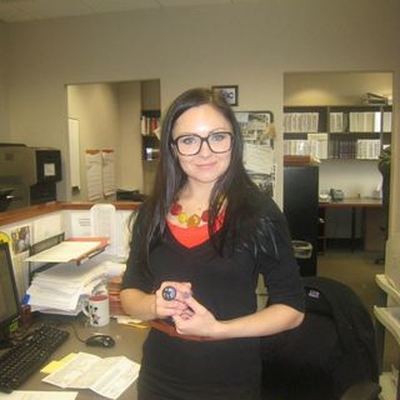
Although adult acne is common, it’s not normal and requires proper treatment. There are lots of things that can cause acne in adults. For instance, emotional stress, hormone imbalances, physical stress, clogged pores, bacteria, and even certain foods. Depending on the cause of acne, treatment might involve hormone balancing therapy, stress management, diet, or antibiotics. However, in any case, acne-prone skin requires proper care and the use of the correct skincare products. So, let’s take a look at the top six skin products dermatologists use for acne-prone patients.
Since acne is often accompanied by inflammation caused by dirt, excess oil, dead skin cells, and bacteria, finding ways to calm pimples down while treating the root cause is crucial. If that’s your case, choose products that contain soothing ingredients such as colloidal oatmeal, aloe, or Centella Asiatica.
This is probably one of the most important things in treating acne. It’s essential to use skincare products with science-backed ingredients. Keep in mind that not every skincare product or ingredient will definitely work for you. You will see improvements in a few weeks after usage, so be patient. However, if you’re not seeing any improvements or you can’t choose products that don’t irritate your skin, talk to your dermatologist. Let’s review the ingredients to look for:
This is an alpha-hydroxy acid that is commonly contained in cleansers, serums, and peels. Pay attention to the concentration of glycolic acid in order to avoid irritation.
This is another chemical exfoliant but it’s actually gentler than other types of chemical exfoliants which means you can start from products with this acid. This acid is often paired with other acids in serums, toners, and peels,
This is a beta-hydroxy acid (BHA) that dissolves the bonds between dead skin cells. Salicylic acid is very helpful for people with acne as it’s able to unclog pores more effectively than other exfoliants. You can find it in over-the-counter cleansers, spot treatments, and masks.
Dermatologists often recommend using sulfur for acne-prone skin as it’s a good anti-inflammatory agent. It’s contained in spot treatments and face masks.
Benzoyl peroxide kills acne-causing bacteria and unclogged pores. However, it’s not as gentle as the chemical exfoliants, therefore you should be careful when using it, and don’t forget to moisturize your skin.
Retinoids are A derivatives which are used for treating severe acne. Topical treatments with retinoids are one of the most effective treatments for acne but the biggest downside is that they’re very irritating. Therefore, you should use them just a few days per week at first.
Spot treatments are good for treating a pimple. Spot treatments that contain benzoyl peroxide are one of the most effective as they kill acne-causing bacteria.
Cortisone injections are used when topical treatments don’t help. They are especially good for fighting cystic acne. This is probably the only way to reduce cystic acne quickly. Talk to your dermatologist about this treatment option. Cortisone shots are really helpful for painful cystic acne lesions.
Oral medications can help people with severe acne that doesn’t respond to any of the aforementioned treatments. A good example is a hormonal acne which is caused by internal issues and can’t be only treated with topical treatments.
Medications that are used for hormonal acne include contraceptives and spironolactone. Also, oral retinoids such as isotretinoin are considered the big dermatological guns when combating severe acne. Talk to your doctor about these options.


